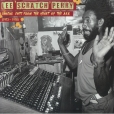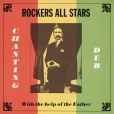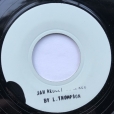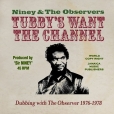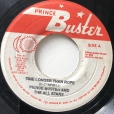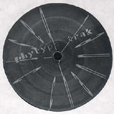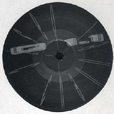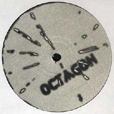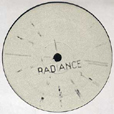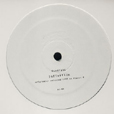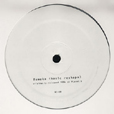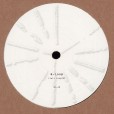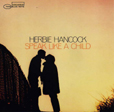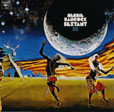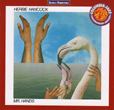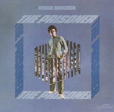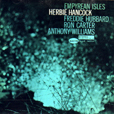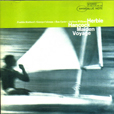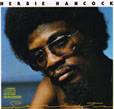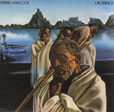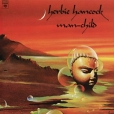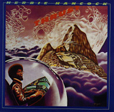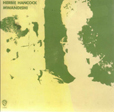Your basket is empty

Niney and Tubby’s dubs from 45s, 1976-1978. Total murder. Heavyweight genius.
Two superb, dark, signature dubs with unlikely shoots of upful disco and smack-bottom electro naughtiness.
Originally released in 1993 on Planet E.
Two masterful reworks of classic Carl Craig, first released on the Planet E imprint in 1994 and 2001.
Q-Loop proper — fourteen minutes of mesmerising, dread minimalism — and the vinyl debuts of Q1.2 and Mutism.
After two years’ preoccupation with the Miles Davis Quartet, here is Herbie in 1968, ready for the seventies, the old, uptight bebop instincts melting into the balmy, open, innocent textures of fluegelhorn, bass trombone and alto flute, and his own lightly beautiful playing.
‘Classic Vinyl series.’
‘Classic Vinyl Series.’
‘Classic Vinyl Series.’
‘Herbie took the basic instrumental tracks of Quasar and Water Torture to Patrick
Gleeson’s Different Fur Studios, hoping to learn how to play the Moog synthesizer. Instead, Hancock let Gleeson contribute layers of sound to both pieces: on Quasar extending the horn playing of Bennie Maupin, Julian Priester and Eddie Henderson through electronic accents; on Water Torture providing a ghostly counter melody on the Mellotron (using samples from string instruments). These studio enhancements give Crossings an
otherworldly dimension, making the album feel bigger and more fantastical, yet the Sextet’s playing — recorded without much in way of edits or overdubs — keeps everything grounded. Indeed, Gleason’s additions are often so natural that it is hard to pick out what’s acoustic and what’s synthesized.’
The second LP by the sextet aka the Mwandishi Band, and Herbie’s last for Warner Brothers, clearing the way for the Headunters.
LP from Music On Vinyl.
‘After releasing their Warner Bros. debut, the Herbie Hancock Sextet underwent a major transformation in the early ’70s. Over the course of a year, every member was replaced (except Herbie Hancock himself and bassist Buster Williams) and each adopted Swahili names. Hancock chose the moniker Mwandishi (‘composer’), and the Sextet became unofficially known as the Mwandishi Band.
‘The lineup’s first album reflects Hancock’s new aesthetic and spiritual directions. Stretching out from the r&b/jazz-fusion of Fat Albert Rotunda, the pianist would draw inspiration from his time with Miles Davis…
‘Dedicated to Angela Davis, Ostinato is an extended jam with stunning rhythmic complexity — enhanced by such studio effects as Echoplex delay. On You’ll Know When You Get There, Hancock’s tight arrangements are saturated in reverb, which gives an ever-shifting dimensionality. Side-long closer Wandering Spirit Song, written by trombonist Julian Priester, goes even further out: alternating between dynamic soloing and group improvisation, the Sextet fully manifests the radical potential of their collective identity/energy.
‘A bold and expansive statement, even after nearly fifty years.’
